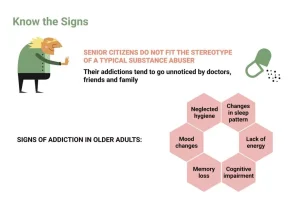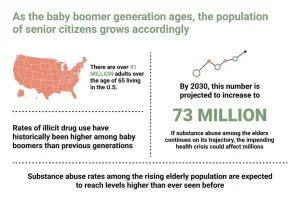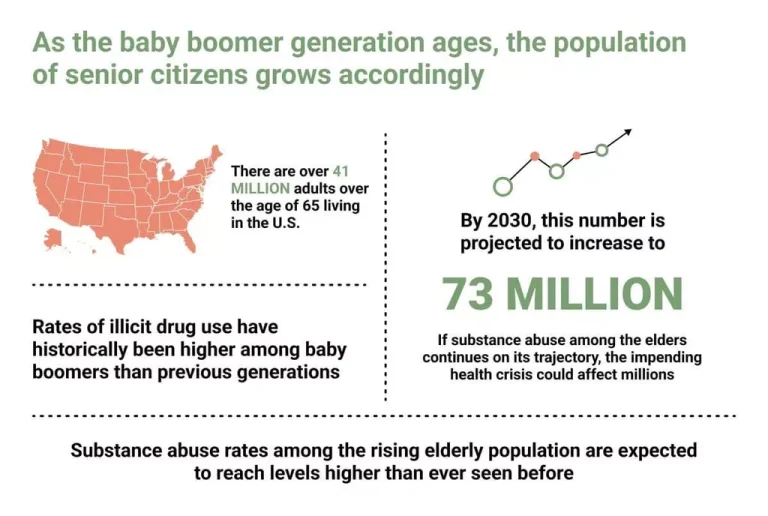29 Feb 7 Types of Drunks: Your Personality & Reaction to Alcohol

However, their coordination and judgment are generally unaffected. At this stage, significant loss of coordination and memory blackouts can occur after consuming 4-5 drinks for women and 5+ for men. Individuals may struggle to remember events and make coherent decisions. Encourage them what is alcoholism to drink water, offer them food, and ensure they don’t continue to consume alcohol.
Short-term effects of alcohol
It may cause our body to release endorphins (making us feel relaxed and euphoric), but it’s also classified as a depressant. If you’re predisposed to mental health disorders, alcohol can exacerbate the effects of certain conditions – including anxiety and depression. In some cases, excessive alcohol consumption can even lead to suicidal thoughts or tendencies. The effects of alcohol can vary depending on factors such as the type and quantity of alcohol consumed, as well as individual tolerance levels. These effects may include a slight decrease in inhibitions, increased sociability, and a general sense of well-being. However, it is important to note that these initial effects can differ from person to person.
What Are the Legal Consequences of Alcohol Abuse?
They may feel slightly more relaxed but are still in control of their actions. People with a high tolerance for alcohol may need to drink greater amounts to feel the same effect. As a result, they may drink more heavily, putting them at greater risk for alcohol-related health issues or physical dependence on alcohol. There’s nothing wrong with being affectionate with people we are familiar with.
Physical Signs and Symptoms

The severity of slurred speech and lack of coordination can vary depending on factors such as the amount of alcohol consumed, individual tolerance, and other personal factors. It’s important to note that these effects can be indicators of impairment and may impact an individual’s ability to communicate effectively and carry out physical activities. It is important to note that while these initial stages may be enjoyable for some individuals, excessive alcohol consumption can lead to negative consequences.

This individual world of alcohol consumption also helps explain why, on a big binge session, some people eventually just cry and fall asleep while others might display violence. The good news is that within a year of stopping drinking, what does being drunk feel like most cognitive damage can be reversed or improved. The joy, the confidence, the lowered inhibitions — that’s all the alcohol talking. Alcohol might seem like a friendly social lubricant, but it’s a sneaky one, quietly infiltrating our brain and bodily systems. Its first stop is the central nervous system — the brain — command central for all our actions, thoughts, and feelings. Drinking alcohol on a regular basis can also lead to dependence, which means your body and brain have grown used to alcohol’s effects.

You may engage in reckless behavior or put yourself and others at risk without realizing it. Because alcohol reduces our inhibitions, it makes us more likely to act impulsively. But for others, it might mean doing something truly dangerous, like driving drunk or taking a dive off the roof. Drinking too much can make even the best of us look “sloppy.” That’s because alcohol activates a receptor in the brain called TLR4, which impairs motor function.
What Does Being Drunk Feel Like
- This means that consuming four to five alcohol drinks in a short amount of time may be enough to put a person at risk of alcohol poisoning, or even death.
- It helps to have food with your drinks, as this can slow down the absorption of alcohol.
- Males and females metabolize alcohol differently because of differences in body composition.
- If you’re in a social setting where others are drinking, it’s important to recognize the signs of intoxication in your friends or loved ones.
They may feel slightly more relaxed but are still in control of their actions and decisions. Drinking on an empty stomach accelerates the process, making you feel drunk faster and more intensely. Alcohol lowers your inhibitions, which is why you might do things while drunk that you wouldn’t do sober. You might say things you wouldn’t normally say, take risks, or behave in ways that surprise you later.



Sorry, the comment form is closed at this time.